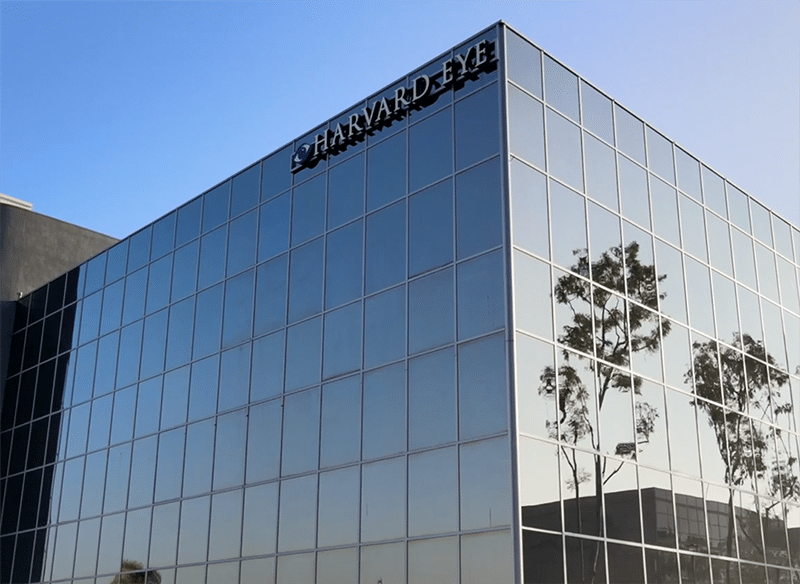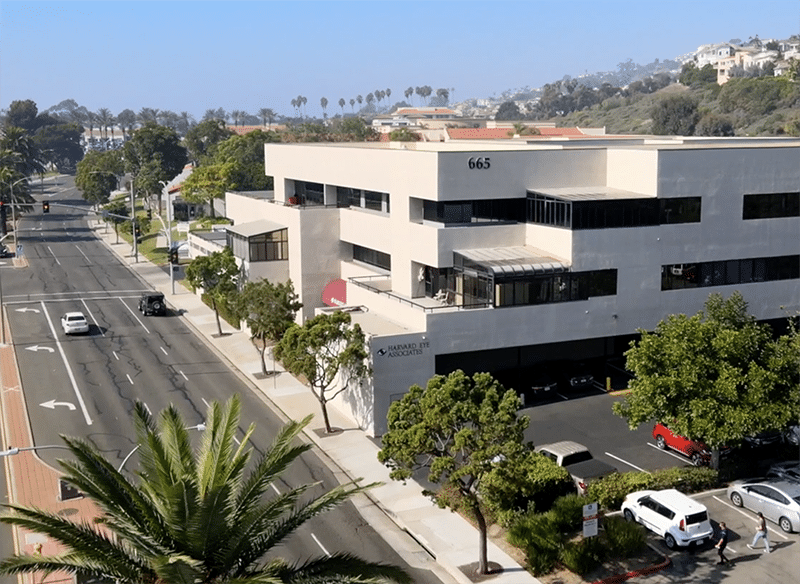What Are the Risks of LASIK?
Most LASIK patients are highly satisfied with the results of their refractive surgery. However, like any other medical procedure, there are certain risks to be considered. Before undergoing a refractive procedure like LASIK, you should carefully weigh the risks and benefits. Potential LASIK risks include: Loss of Visual Acuity: Visual acuity is the sharpness of…
Read MoreHow to Choose a LASIK Surgeon
Choosing a LASIK surgeon is one of the most important decisions to make once you have decided to have LASIK surgery. But how do you know who the best person is for such a task? When choosing a LASIK surgeon, consider the following key factors: Surgeon’s experience and qualifications Technology Patient reviews Number of surgeries…
Read MoreLASIK or Laser Eye Surgery
All laser vision correction surgeries, including LASIK, work by reshaping the cornea – clear front part of the eye – to improve how well a person sees. By reshaping the cornea, light traveling through the front part of the eye is properly focused onto the retina located in the back of the eye. There are…
Read MoreDry Eye Treatments
Dry eyes are no fun: They itch, sting and tear up. Many LASIK patients, approximately 50%, experience dry eye symptoms following their LASIK surgery. The reason so many people experience dry eye after LASIK is that the creation of the corneal flap affects the nerves that regulate the production of tears. If you have developed…
Read MoreCataract Surgery
A cataract is simply a clouding of the natural lens inside the eye. The lens maintains a delicate balance between water and protein so that we can see clearly through it. When the proteins clump together, the resulting cataract blocks some of the light entering the eye, making vision blurry or hazy. Cataracts typically occur…
Read MoreCustom LASIK
Custom LASIK is a laser vision correction procedure which uses the latest technology to measure the unique visual characteristics of your eye to customize your treatment. Custom Wavefront Guided LASIK in San Clemente provides an additional level of precision over what traditional LASIK offers and provides you with the best possible quality vision. A device…
Read MoreLASIK Consultation and Exam
A LASIK consultation and exam at Harvard Eye Associates includes several steps to determine if you are a suitable candidate for LASIK surgery. This appointment will last approximately 2-3 hours during which time you will have your vision, eyes and overall health thoroughly evaluated. You might wonder why the LASIK consultation and evaluation is so…
Read MoreWhat is a Cataract?
A cataract is the clouding of the eye’s natural lens. As this normally clear lens gets cloudy, it decreases your ability to see well. A cataract can make objects appear blurry. It can also make colors seem less bright. Your eye’s natural lens is located directly behind the pupil and is made up of mostly…
Read MoreIs LASIK Safe?
People who struggle with vision issues often wonder if a laser vision correction procedure such as LASIK might be a better option for them than glasses or contact lenses. For those who take the next step to consider LASIK eye surgery, frequently the first question that comes to mind is: Is LASIK safe? By every…
Read MoreTypes of Cataracts
A cataract is a clouding of the lens of the eye that impairs vision. There are four types of cataracts: Nuclear Sclerotic, Cortical, Posterior Subcapsular and Congenital. The types of cataracts are classified based on where and how they develop in the eye. Nuclear Sclerotic Cataract: A nuclear sclerotic cataract refers to the hardening of…
Read More



